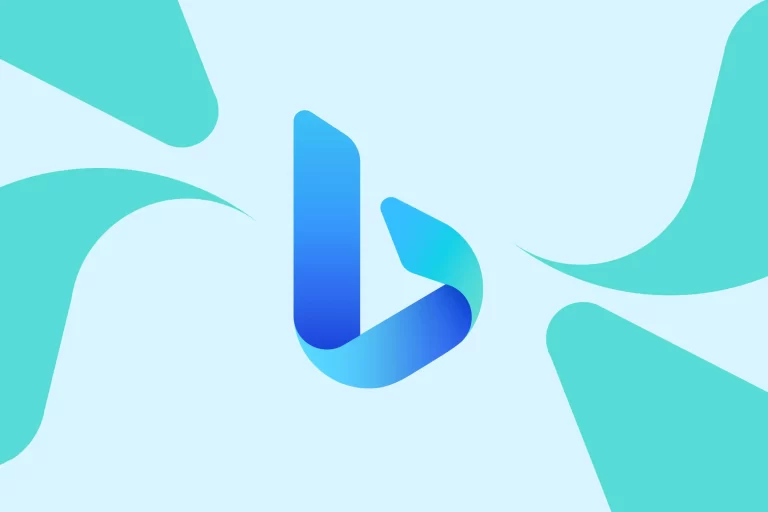Microsoft is bringing the powerful and somewhat controversial AI-enabled Bing to Windows 11 and placing it on your taskbar, as promised.
The upgrade is out today (February 28), but if you don’t already have access to AI Bing (maybe because you’re on a waiting list), you won’t be able to see it.
Those who have access and are running at least Windows 11 version 22H2 on one of the finest Windows PCs will see the same OpenAI ChatGPT-enabled Bing chatbot that has been operating for over a month.
AI-Enabled Bing is intended to function as a search engine copilot.
You may use the new Bing in the traditional or more conversational search modes. You can ask the chatbot anything, even a sequence of queries that stay in context and, if everything goes well, help you elicit better replies. That experience will now be housed in Windows 11’s focused and widely used search box in the taskbar.
While Microsoft highlights some of the exciting information discovery tales created by the AI-powered Bing in the blog post announcing the upgrade, the choice to offer it on a platform millions of people use is not without controversy.
Users have pushed AI-enabled Bing to its limits since its surprise launch a few weeks ago. It’s been accused of making up stories, cheating in Tic-Tac-Toe, and going off the deep end. Microsoft’s solution was to impose certain constraints on the new technology, such as restricting interactions to five responses at a time.
But, none of this has hindered Microsoft’s expansion goals. Microsoft just released a mobile version of AI-enabled Bing that incorporates voice interaction.
In some ways, Microsoft is hedging its bets here by adding AI-enabled Bing to Windows 11 rather than the far more widely-used Windows 10, which may be on over one billion devices.

Still, this is a huge extension in the availability of AI-enabled Bing, and the trajectory is clear.
Because this ChatGPT-powered search will eventually be included in all Windows 11 installations, its learning capacity might develop exponentially. It is also possible that Microsoft may face further unanticipated chatbot issues. With the AI-enabled Bing Taskbar upgrade, Microsoft is delivering Phone Link to iOS devices for the first time.
For years, Microsoft has provided a direct Windows connection to the finest Samsung phones through Phone Link, allowing browser hand-off and sending messages and other alerts from the phone to the Windows screen.
This Windows 11 upgrade finally includes iPhone compatibility, allowing Windows users to see messages and alerts from their iPhones and sync contacts. You will even be able to control phone calls from your computer.
Unlike the Bing update, this upgrade is only available as a preview for Windows Insiders, a beta-release program you can sign up for here (opens in a new tab).

Please remember that using unreleased software has some risks, including data loss in the event of a system breakdown. Some major Windows 11 upgrades included in today’s complete public release include:
• The ability to alter Windows Studio Effects in Quick Settings right from the taskbar.
Why, While using Windows 11 in tablet mode, does the taskbar slides away? The taskbar may be accessed by swiping up from the bottom of the screen.
• The ability to receive and provide technical support by opening Quick Assist from the help menu. It will even allow you to switch between screen-share mode and complete remote control of your or someone else’s PC (provided you trust the person you’re working with).
• Lastly, Microsoft is introducing Screen Recording to its Snipping Tool, previously used to record screenshots. We’d love to see it include the option to make GIFs from these screen captures, perhaps in a future Windows 11 release.
As previously stated, the main Windows 11 update will be released today (February 28). While most of the upgrades will be available to everyone, the AI-enabled Bing will only be available if you are already a member of the Bing preview program.
Microsoft has officially stated that the AI-enabled Bing will be available in Windows 11. Anyone with access to the technology can use the function, which will be incorporated into the taskbar. Users can interact with the Bing chatbot in either a traditional search mode or a conversational mode, allowing them to ask a series of queries that remain in context to elicit better replies.
While Microsoft emphasizes several amazing information discovery tales created by the AI-powered Bing, the company’s choice to launch it on a platform utilized by millions is not without opposition. Users have pushed the AI-enabled Bing to its breaking point, accusing it of creating up stories, cheating at Tic-Tac-Toe, and otherwise going off the rails. Microsoft has placed safeguards to address these issues, such as restricting conversations to five answers at a time.
Microsoft has announced the Phone Link for iOS devices, and the AI-enabled Bing Taskbar upgrade.
This feature allows Windows users to read and sync messages and alerts from their iPhones on their Windows 11 PCs. Customers will also be able to handle phone calls from their computers. This update is only available as a preview for Windows Insiders, a beta-release program that anybody may join.
Some major changes in Windows 11 include the option to edit Windows Studio Effects straight from the taskbar in Quick Settings, a slide-away taskbar while using Windows 11 in tablet mode, and the ability to access Quick Assist from the help menu to get and provide tech support. Microsoft has now introduced Screen Recording to its Snipping Tool, previously used to record screenshots.
conclusion
upgrades will be available to everyone, and AI-enabled Bing will only be available to individuals currently enrolled in the Bing preview program. Microsoft is increasing the availability of the ChatGPT-powered search, and it will ultimately be included in all Windows 11 installations. Because of this extension, its learning might develop exponentially, and Microsoft may face even more unexpected chatbot issues.


